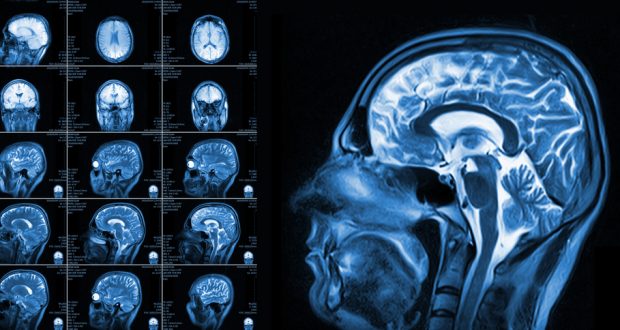You may think sugar is pretty easy to spot, but think again! It’s not only cookies, cakes, and donuts that diabetics need to watch out for. Sugar is lurking everywhere, and is difficult to avoid if you don’t know where to look.
Don’t let the name “sugar” fool you. Corn syrup, dextrose, fructose, sucrose, maltose, maltodextrin, all are sugars and all should be avoided.
Condiments like ketchup and BBQ sauce, foods like yogurt, canned fruit, and drinks like fruit juice and white wine are just a few of the hidden sugars that are probably in your refrigerator right now!
When one decides to quit sugar, each may have a different experience. For example, those who ingest high amounts of sugar regularly may experience withdrawal symptoms of anxiety, restlessness, or even depression.
Sugar is received by our brain in the same way that some drugs and other addictive substances are. The brain recognizes sugar in the same way it sees nicotine, cocaine, and even heroin. Do the words “sugar high” sound familiar?
Over time, the brain becomes addicted to sugar, looking for it’s next fix. At the same time, the brain also becomes de-sensitized to sugar, needing more and more to satisfy it’s craving. It makes the person dependent upon sugar, changing the way we think and behave.
Even if you are eat what you believe are “small amounts of sugar” you’ll still feel some effects when you go cold-turkey.
Expect to be moody and cranky when you first give up sugar. The brain and the body are not going to be happy that you are taking that stimulant away, however, once you get through the “withdrawal period” you’ll have more pep and energy than ever before.
Having trouble remembering your grocery list, your boss’s wife’s name, or where you left your keys? Research has shown that a diet high in sugar can hinder memory and learning ability. Over time, consuming excess sugar can actually cause damage to the cells in your brain and affect the way they communicate with the body.
Not only will your brain work better without sugar, but your entire body will benefit, as well.
Excess sugar doesn’t just affect your pancreas, insulin, and blood sugar levels. It triggers elevations in blood pressure, cholesterol, and heart rate, as well. By quitting sugar, you will not only improve your blood sugar, but you may also benefit from a decrease in cholesterol and blood pressure. This will reduce risk of heart disease, heart attack, stroke, and a host of other diabetes-related complications.
Sugar is an inflammatory substance. Prolonged inflammation in the body will compromise your immune system, your joints, not to mention, increasing your risk of heart disease and some forms of cancer.
When you consume sugar, you literally feel high. However, the crash after that high can leave you feeling irritable, sluggish, and tired. By giving up sugar, you will feel more energized during the day, and your body will be better prepared for restful sleep at night.
If your in the market to lose a few pounds, eliminating sugar can certainly help you achieve that goal. Without sweets, soda, and a large number of processed foods, your body will be free to enjoy real, whole healthful foods. Not only will you feel better, but those jeans may fit a little better, too!
The decision to quit sugar is a serious one, and could have a powerful impact on your health. The great thing is, that impact is 100% positive, and will not only get you closer to your goal of better blood sugar, but closer to your goal of overall health.
Sources:
http://www.prevention.com/health/what-happens-when-you-stop-eating-sugar
http://www.cnn.com/2017/03/02/health/sugar-brain-diet-partner/index.html
 Diabetic Kitchen
Diabetic Kitchen





2 comments
Pingback: 30 Day Sugar Detox - Could You Do It?
Pingback: Fat Is Good, Sugar Is Bad - Research Continues To Prove The Truth